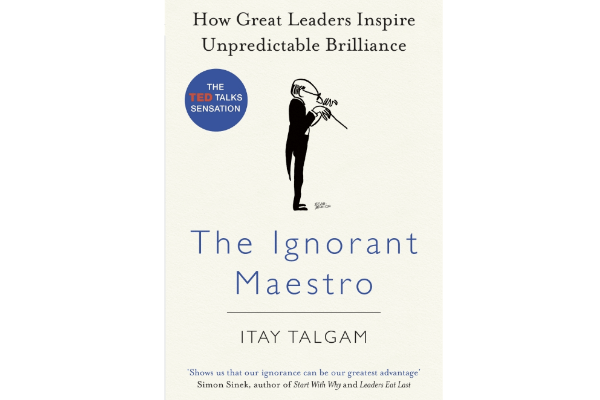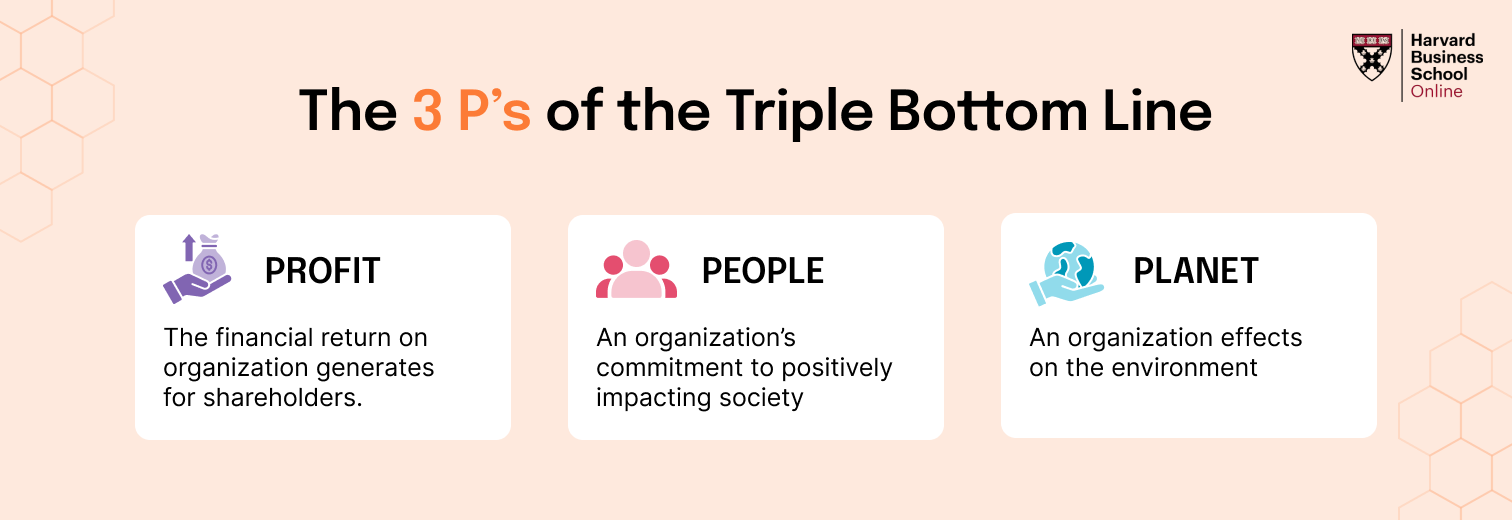In our experience working with leaders across industries, one truth has stood out:
Great leadership starts with great attentiveness.
It’s not about grand speeches or charismatic performances. It’s about being present – really present – in the moments that matter.
When we reflect on why some managers struggle to engage teams, miss early signs of disengagement, or fail to drive transformation, the root often boils down to one simple, overlooked skill: attention.
Attention is more than just looking. It’s about seeing. It’s about tuning into signals others miss; and acting on them.
Paying Attention: A Skill Built, Not Born
Table of Contents
Many of us were first introduced to the idea of “paying attention” in school, often as a reprimand from teachers. But few of us truly understood then – and even fewer master it as adults.
The truth is, attentiveness is a muscle.
And just like any other muscle, it grows with conscious practice and effort.
At FocusU, we’ve noticed that when leaders invest in developing this muscle, they naturally:
- Build stronger teams
- Spot risks earlier
- Drive innovation
- Strengthen client relationships
- Lead with empathy and clarity
Let’s explore where attentiveness really matters – and how leaders can strengthen it.
1. Pay Attention to the Changing World Around You
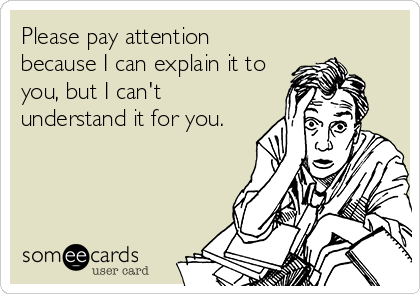
Markets shift. Technologies disrupt. Consumer expectations evolve.
History is full of examples of organizations that faltered because leadership failed to pay attention:
- Kodak missed the digital photography wave.
- Nokia underestimated the smartphone revolution.
- Blockbuster ignored early signals from streaming services.
In our work, we’ve seen even mid-sized businesses struggle when they assume “what worked yesterday will work tomorrow.”
Leaders who sharpen their external awareness are better positioned to adapt – and thrive.
Some reflective questions we often share in our workshops:
- What changes in customer behavior have I noticed recently?
- Are we solving problems that will still exist 3 years from now?
- Who in our industry is innovating; and what can we learn?
Related Reading: How to be more customer centric in the Experiential Sector?
2. Pay Attention to Your Customers: Beyond Surveys
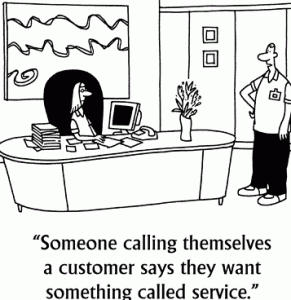
Too often, leaders rely solely on formal feedback channels: NPS scores, customer satisfaction surveys, social media reviews.
While important, numbers can never replace real conversations.
In his book What the Customer Wants You to Know, Ram Charan makes a compelling point:
The best salespeople aren’t selling products. They’re solving customer problems.
In our experience, attentive leaders:
- Visit customers personally (virtually or physically)
- Observe how customers use their product or service
- Ask deeper questions: “What’s the biggest challenge you’re facing this year?”
Listening – truly listening – often reveals unmet needs and game-changing opportunities.
Related Reading: 100 Inspiring Quotations on Customer Service
3. Pay Attention to Your People: Leadership Beyond Tasks
One question we often pose to leaders in our programs: “When was the last time you had a non-transactional conversation with a team member?”
Not about deadlines. Not about tasks. But about them.
Herb Kelleher, the legendary CEO of Southwest Airlines, famously spent time talking to employees across the hierarchy – not just department heads.Because he knew: People will move mountains for leaders who genuinely care.
In our experience, managers who pay attention to their people:
- Spot burnout before it becomes resignation
- Unlock hidden talents
- Build loyalty that no paycheck alone can buy
Simple attentiveness questions:
- “How are you feeling about your work lately?”
- “What’s one thing you wish we did differently?”
- “What’s lighting you up these days?”
4. Pay Attention to Your Family: Leadership Isn’t Just at Work

Leadership doesn’t switch off at 6 PM.
If anything, the people who matter most – our family and close friends – deserve the best of our attentiveness.
Many high-performing leaders we’ve coached admit: It’s easy to be present in the boardroom but absent at the dinner table.
The consequences are real: strained relationships, burnout, emotional fatigue.
In our conversations with senior leaders, we often emphasize:
- Block “tech-free” family time in your calendar, like you would for a board meeting.
- Check in emotionally, not just logistically.
- Notice, really notice, the small cues from your loved ones.
Work success without personal fulfillment isn’t success at all.
Related Reading: 4 Step Process to Work-Life Balance
5. Pay Attention to Your Health: The Foundation of Sustainable Leadership
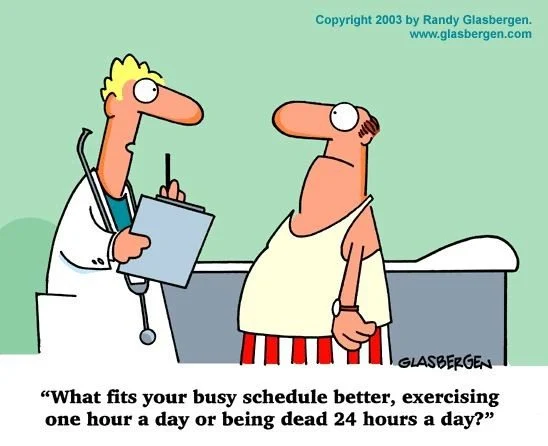
A leader who ignores their health is a ticking time bomb for themselves and their teams.
Robin Sharma says it best in The Monk Who Sold His Ferrari:
“Health is the crown on the well man’s head that only the ill man can see.”
We’ve noticed that leaders who prioritize fitness, sleep, nutrition, and mental well-being consistently outperform peers who treat health as an afterthought.
Simple attentiveness practices:
- Annual health checkups – no excuses
- Daily movement – even 20 minutes makes a difference
- Mindfulness or reflection time to reset the mind
Remember: the energy you bring into a room speaks louder than any speech you make.
Related Reading: 21 Micro Habits To Improve Wellness
The Corporate Learning Takeaway: Building Attentiveness Into Leadership Development
From an L&D lens, attentiveness must be treated as a core leadership competency – not a “nice to have.”
Some ways organizations can nurture it:
- Incorporate observational exercises into leadership programs.
- Design reflection spaces during training (not just content bombardment).
- Role-model attentiveness at senior leadership levels.
- Reward noticing – not just performing.
Attentiveness drives emotional intelligence. Emotional intelligence drives performance, collaboration, innovation – and ultimately, results.
Related Reading: Harnessing Emotional Intelligence: Key Takeaways from Daniel Goleman’s Working with Emotional Intelligence
Final Reflections: Attention Is the Currency of Leadership
In a distracted world, attention is more valuable than time.
When leaders give real attention:
- People feel seen.
- Opportunities are spotted earlier.
- Innovation becomes more natural.
- Trust deepens.
At FocusU, we believe that helping leaders Be More starts with helping them See More – by being more attentive, intentional, and human in every interaction.
Because in the end, leadership isn’t about commanding attention. It’s about paying it.

